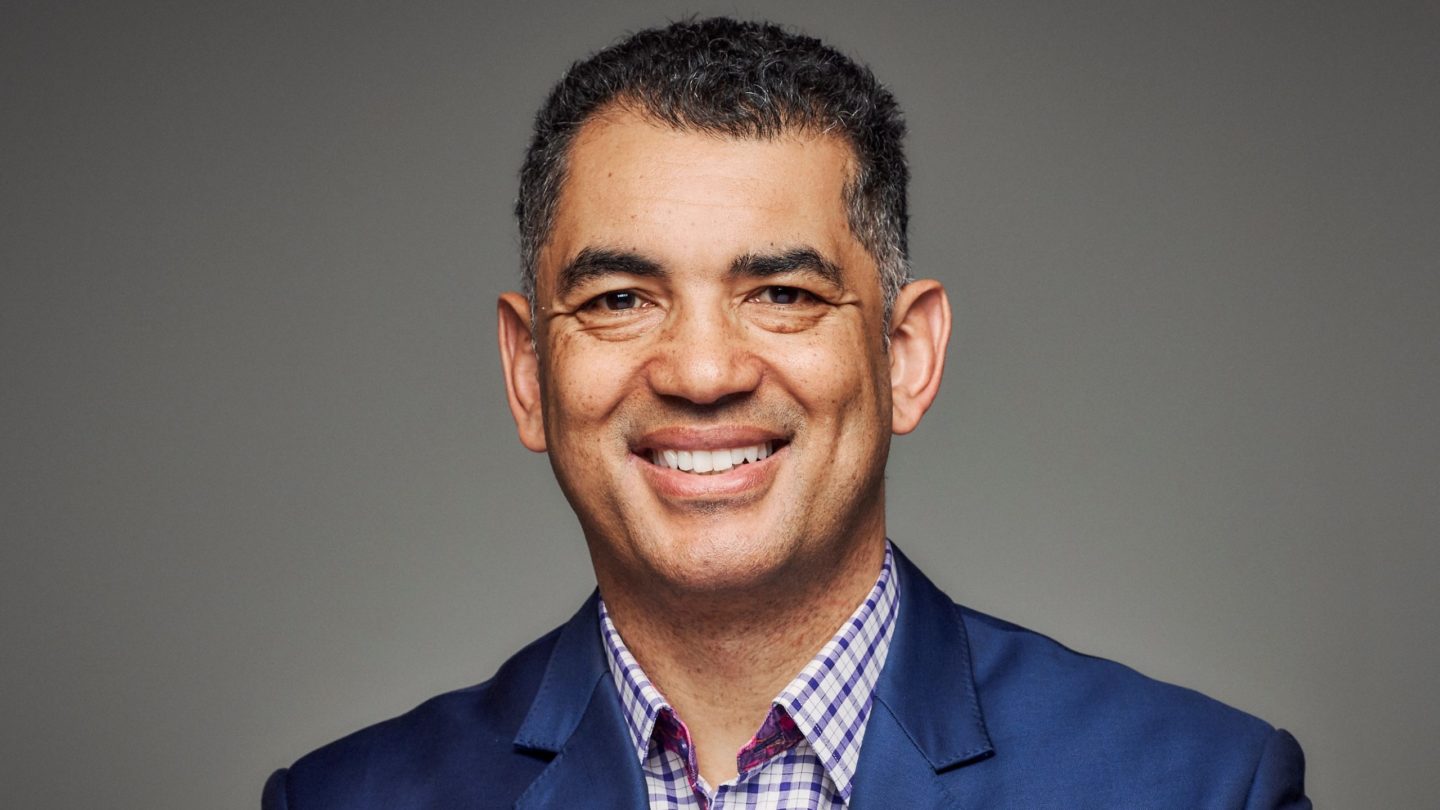At our recent conference, the CIO panel debate was hotly anticipated for the insights it would provide into how some of the largest asset management firms are interpreting the uncertain investment environment and reflecting it in their decisions.
This was our first in-person conference in three years. At the previous one – back in February 2020 – there was plenty of talk about the new coronavirus and what lockdowns in China might mean for markets, but we could not have imagined how long it would be before such an event was possible again. Our next conference was entirely online, and though we hoped we’d be back together in early 2022, the arrival of the omicron variant meant a pivot to virtual was the safest choice.
Since we were last together face-to-face, then, investors have faced some of the most difficult conditions in years. And though it would have been great if this reunion had come at an easier time in markets, the challenges we face have changed rather than gone away. Inflation, the cost-of-living crisis, higher rates and the uncertainty of war mean clients are worried – and the rise in new client enquiries experienced by many firms suggests more and more are seeking advice about the tough decisions they face.
Wishful thinking?
What did our panel of CIOs make of it all? At the end of 2022, expectations were for a tough ride in the first part of this year, before some kind of recovery in the second half. Instead, 2023 got off to a strong start, as investors began to hope a recession could be avoided and the end of the rate-hiking cycle may be near.
Is this wishful thinking? The panel were inclined to believe so.
While inflation appears to have peaked, the consensus was that markets may be too complacent about the path from here. Deglobalisation and the persistent tightness in labour markets mean structural inflation is likely to be higher, while the tactical impact of issues such as the war in Ukraine and post-Covid supply-chain bottlenecks continues to be felt.
The panel also raised concerns that a herd mentality on markets is prompting investors to ignore established principles. One such example is the disconnect between what bond markets are telling us – an inverted yield curve has predicted nine of the last nine recessions – and what equity investors are doing.
Another is the willingness of markets to set aside the cautionary motto that is ‘Don’t fight the Fed’. And a third factor markets may be overlooking is that recessions do not come hot on the heels of rate rises, but with a lag – historically of around 12 months.
Overall, the assembled CIOs expected a more painful year ahead than markets may be hoping for, with continued volatility as hopes are raised and/or dashed by data releases. A recession this year still looks likely – albeit shallower than was feared in the bleakest moments of 2022. The unusually high levels of uncertainty mean forecasting is more difficult than usual, making this a challenging environment for asset allocators.
Long-term expectations
As one audience member pointed out, however, advisers’ clients are long-term investors. The latest market and economic insight is valuable for informing client conversations but it should not drive investment advice.
Looking back at the past five years, those who are unavoidably involved in the day-to-day fortunes of markets have had a torrid time. Yet clients who have done what their advisers have told them to do – invested in a globally diversified, risk-based portfolio, stayed the course, not worried too much about ups and downs along the way – have generated returns in line with long-term expectations.
And though models have been tested by all kinds of leftfield events, they have held. In our own, very long-term model, every asset class is assigned long-term expected volatilities, and every asset class has performed within its expected tolerances – even in 2020.
Over the past three years, we have all grown used to dealing with unforeseen circumstances. If we are lucky, we have weathered the storm and learnt lessons that will stand us in good stead. We have stress-tested our models and gathered new information about how asset classes might perform.
And we have seen, time and again, that when you set reasonable, long-term, calibrated expectations for return and forward-looking volatility, and then you hold your nerve, you can ride out the surprises.
Ben Goss is CEO of Dynamic Planner










